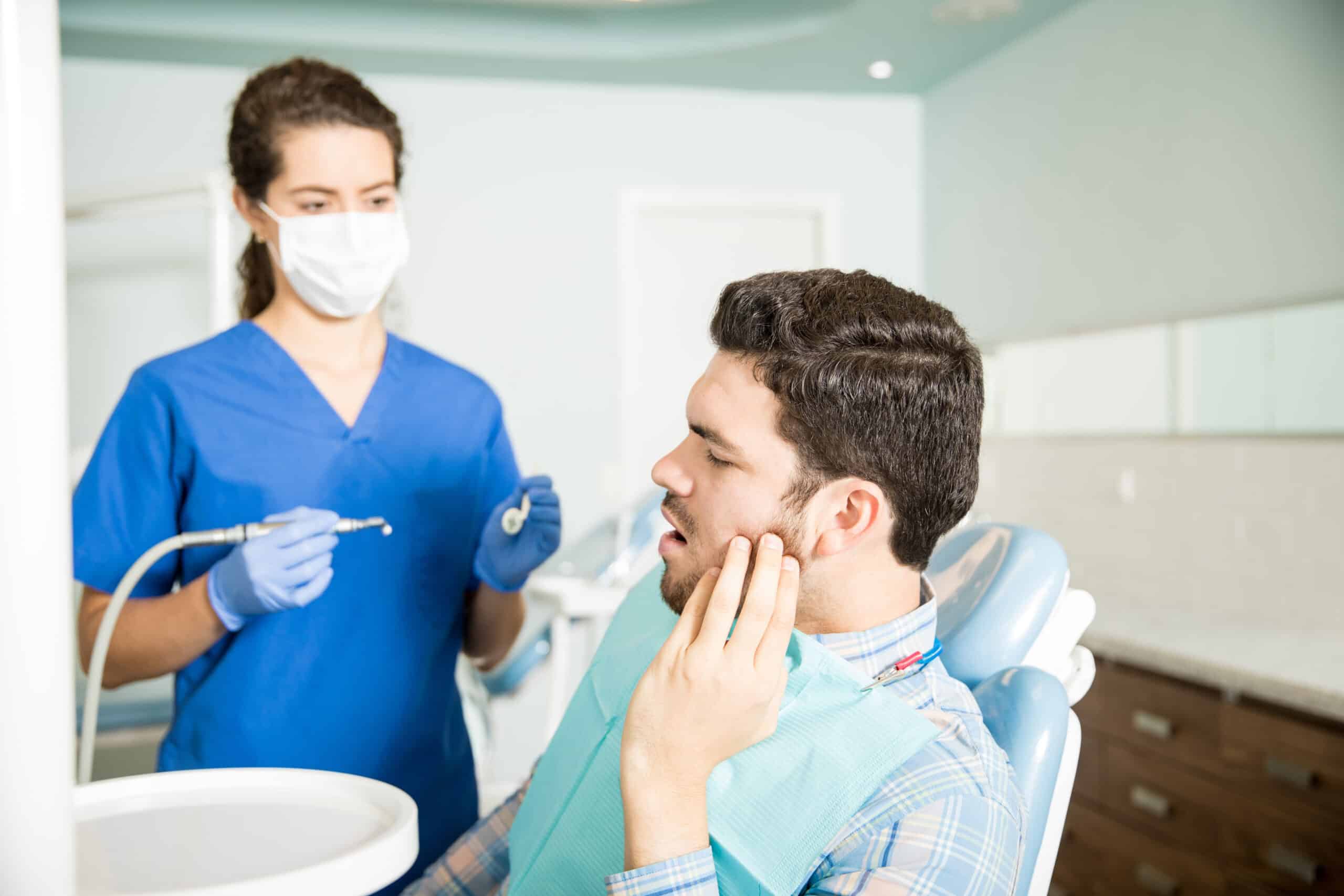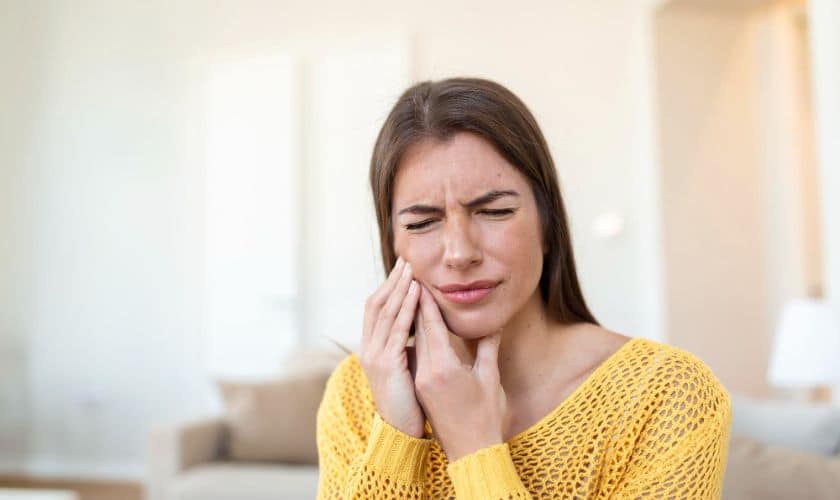
10 Most Painful Dental Problems: How to Reduce the Pain
Dental problems can be excruciatingly painful, often causing significant discomfort and distress. Whether it’s a sudden toothache, a cracked tooth, or an abscess, knowing how to manage dental pain is crucial. In this comprehensive guide, we’ll explore the ten most painful dental problems and provide tips on how to reduce the pain. Plus, we’ll discuss the importance of seeking assistance from an emergency dentist when necessary.
1. Toothache
A toothache can range from mild discomfort to intense, throbbing pain. It’s often caused by tooth decay, infection, or gum disease. To alleviate the pain, rinse your mouth with warm saltwater, use over-the-counter pain relievers, and apply a cold compress to the outside of your cheek.
2. Abscessed Tooth
An abscessed tooth occurs when a bacterial infection causes a pocket of pus to form around the tooth’s root. The pain can be severe and may be accompanied by swelling and fever. Rinse your mouth with saltwater, take pain relievers, and seek immediate dental care to drain the abscess.
3. Cracked Tooth
A cracked tooth can cause sharp, intermittent pain, especially when chewing. Avoid chewing on the affected side, rinse your mouth with warm saltwater, and apply a cold compress to reduce swelling. Visit your dentist as soon as possible for evaluation and treatment.
4. Dental Trauma
Trauma to the teeth, such as a sports injury or accident, can result in severe pain and damage to the teeth and surrounding tissues. Rinse your mouth with cold water, apply gentle pressure to stop any bleeding, and seek emergency dental care immediately.
5. Gum Disease
Advanced gum disease, or periodontitis, can cause deep gum pockets, gum recession, and bone loss around the teeth. This can lead to severe pain, especially when chewing or brushing. Practice good oral hygiene, including brushing and flossing, and visit your dentist regularly for professional cleanings and treatment.
6. Dental Abscess
A dental abscess is a collection of pus that forms in the gums or jawbone, often due to untreated tooth decay or infection. The pain can be intense and may radiate to the ear or neck. Rinse your mouth with saltwater, take over-the-counter pain relievers, and see your dentist promptly for treatment.
7. Impacted Wisdom Teeth
Impacted wisdom teeth can cause severe pain, swelling, and difficulty opening the mouth. Rinse your mouth with warm saltwater, apply a cold compress to the outside of your cheek, and take pain relievers as needed. Visit your dentist for evaluation and possible extraction.
8. Sinus Infection
A sinus infection can cause referred pain to the teeth and jaw, mimicking the symptoms of a toothache. Treat the underlying sinus infection with over-the-counter decongestants or nasal sprays, and see your healthcare provider if symptoms persist.
9. Temporomandibular Joint (TMJ) Disorder
TMJ disorders can cause pain, clicking or popping noises, and difficulty chewing or opening the mouth. Practice relaxation techniques, apply moist heat or cold packs to the jaw, and avoid chewing gum or hard foods. See your dentist for evaluation and possible treatment options.
10. Dry Socket
A dry socket occurs when the blood clot that forms after a tooth extraction becomes dislodged, exposing the underlying bone and nerves. This can cause severe, throbbing pain that radiates to the ear. Rinse your mouth gently with warm salt water, and see your dentist for evaluation and treatment.
Importance of Seeking Emergency Dental Care
While these home remedies can provide temporary relief, it’s essential to seek prompt assistance from an emergency dentist for severe or persistent dental pain. Emergency dentists are trained to handle urgent dental issues and can provide the necessary treatment to alleviate pain and restore oral health.
Don’t let dental pain disrupt your life. By understanding the causes of dental pain and knowing how to manage it effectively, you can take control of your oral health and prevent further complications. If you’re experiencing severe or persistent dental pain, don’t hesitate to contact an emergency dentist for assistance. Your oral health and well-being are worth it.




